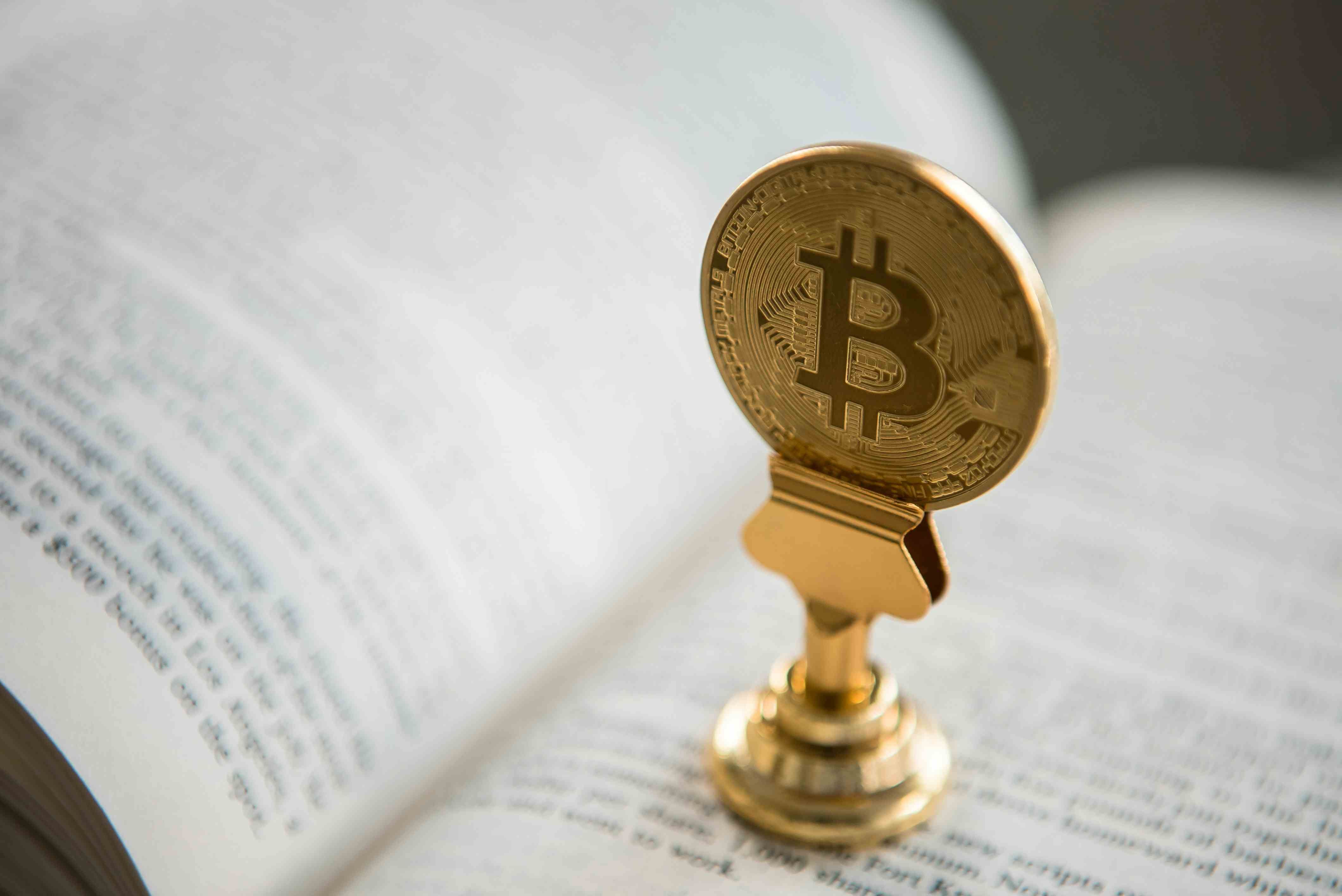 The ECB has studied the digital euro since 2021 and began its preparation phase in late 2023. (Image Source: Shutterstock)
The ECB has studied the digital euro since 2021 and began its preparation phase in late 2023. (Image Source: Shutterstock)Denis Beau, First Deputy Governor of the Banque de France, has previously expressed concerns that the global rise of dollar-backed stablecoins, such as those encouraged by recent U.S. policy, could undermine the eurozone’s monetary autonomy. He has warned that, without swift action including the rollout of a digital euro, Europe may become increasingly reliant on foreign-controlled financial infrastructure.
President Trump’s January 2025 executive order seeks to accelerate the adoption of stablecoins pegged to the U.S. dollar, offering regulatory clarity for private issuers while barring the Federal Reserve from issuing a central bank digital currency. The administration argues that dollar-backed stablecoins could enhance the U.S. dollar’s dominance in global trade and finance without the perceived risks of a Fed-issued digital dollar.
This approach marks a sharp divergence from Europe's more conservative digital currency strategy, which centers on a publicly issued digital euro designed to preserve monetary sovereignty and financial stability.
European officials are increasingly concerned that U.S. stablecoins—especially those issued by tech giants or fintech firms—could become widely adopted across the eurozone, weakening the role of the euro and disintermediating traditional banks.
The European Central Bank has been researching the digital euro since 2021 and formally launched its preparation phase in late 2023. ECB Executive Board Member Piero Cipollone has stressed that a digital euro is not just a convenience but a strategic necessity, warning that delays could increase Europe’s dependence on foreign-controlled financial systems.
The Banque de France has been among the most vocal national central banks supporting the initiative, conducting experiments with blockchain-based settlement and tokenized financial assets.
However, challenges persist. Some lawmakers remain skeptical due to recent technical disruptions within the ECB’s existing systems. Commercial banks, meanwhile, fear that mass adoption of a digital euro could lead to deposit outflows, undermining their liquidity and lending models.
The sense of urgency is fueled by rapid developments outside Europe. Besides the U.S., countries like China are already piloting or deploying digital currencies at scale. The People’s Bank of China’s e-CNY is now used in several cities for retail payments, government subsidies, and cross-border trade.
Banque de France Deputy Governor Denis Beau has consistently emphasized the urgency for the EU to modernize its monetary system, warning that without a digital euro, the bloc risks falling behind in the global shift toward digital finance.
He further noted that Europe's reliance on foreign payment processors and stablecoin issuers could eventually translate into loss of control over data, privacy standards, and monetary levers—adding a layer of systemic risk.
The ECB’s Governing Council is expected to make a final decision on launching a digital euro in 2026. In the meantime, it will continue technical trials and stakeholder consultations to fine-tune the project’s design and legal framework.
Features under discussion include user privacy, offline capability, integration with existing banking apps, and safeguards against excessive capital flows from banks. A cap on digital euro wallet holdings may also be introduced to limit disruption to the financial system.
As the global digital currency arms race heats up, the Banque de France’s latest warning highlights the strategic stakes at play. With the U.S. charging ahead under Trump’s pro-stablecoin directive, Europe’s window for maintaining monetary sovereignty is narrowing.
Unless decisive steps are taken soon, the euro may find itself playing catch-up in a world increasingly defined by programmable money—and controlled by those who issue it first.

UAE and France collaborate on crypto tradable indices

Stablecoins find a role in everyday payments

UK regulator sets out new entry rules for crypto

USDC leads as stablecoin transactions hit $33 trillion